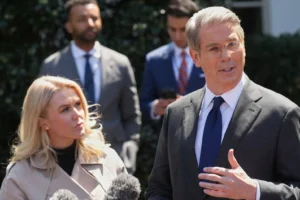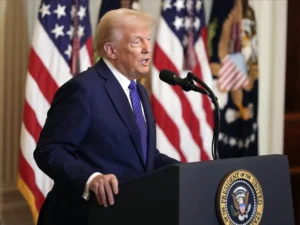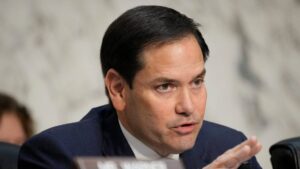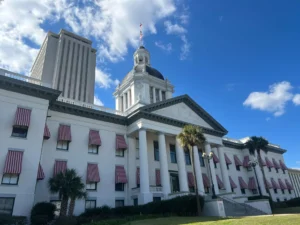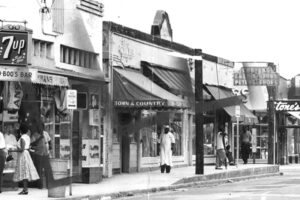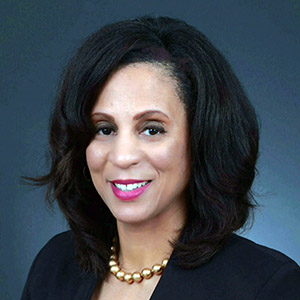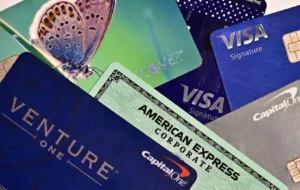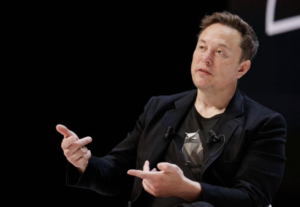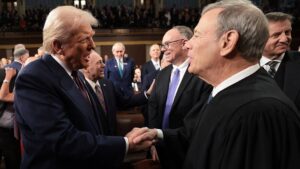 As we honor Black History Month, it is crucial to reflect on the philosophical debates that have shaped the trajectory of Black progress in America. Two towering intellectuals, W.E.B. Du Bois and Booker T. Washington, once stood at the forefront of this discussion, advocating vastly different approaches to uplift Black communities. Their philosophies remain a cornerstone for understanding how to advance economic development, education, housing, and equity—the same pillars the Miami-Dade Economic Advocacy Trust champions today.
As we honor Black History Month, it is crucial to reflect on the philosophical debates that have shaped the trajectory of Black progress in America. Two towering intellectuals, W.E.B. Du Bois and Booker T. Washington, once stood at the forefront of this discussion, advocating vastly different approaches to uplift Black communities. Their philosophies remain a cornerstone for understanding how to advance economic development, education, housing, and equity—the same pillars the Miami-Dade Economic Advocacy Trust champions today.
Booker T. Washington argued that Black Americans should focus on skilled trades and manual labor to secure economic independence and societal acceptance. In contrast, W.E.B. Du Bois championed the “Talented Tenth”—an elite group of educated Black leaders who could drive progress through intellectualism, advocacy, and the pursuit of higher education.
Both visions were shaped by the unique challenges of their time, and both have value. However, as we navigate the complexities of a tech-driven, globalized economy, Du Bois’ vision offers the clearest roadmap for the future. It is no longer sufficient to merely participate in the economy; we must lead it.
In the 21st century, the opportunities for building wealth and driving change lie in industries powered by intellectual property, STEM (science, technology, engineering, and math), and innovation. AI, cryptocurrency, biotechnology, and other technological advancements are rapidly reshaping the global economy. To seize these opportunities, our communities must prioritize education, critical thinking, and the pursuit of intellectual excellence over manual labor.
This is not to diminish the value of vocational trades—they remain essential to our society and provide meaningful pathways to stability for many. But as a community, we must elevate our aspirations beyond these roles. The wealth of tomorrow will come from creating, coding, inventing, and owning intellectual property, not merely operating within systems created by others.
At MDEAT, we are committed to creating the infrastructure necessary for Black Miamians to thrive in this evolving landscape. Our initiatives in housing, education, and economic development are designed to provide equitable access to resources that position individuals and families to succeed. But as Du Bois envisioned, true empowerment requires more than access—it demands excellence.
Our policies must encourage investment in STEM-focused education, entrepreneurship, and intellectual property ownership. We must advocate for programs that bridge the digital divide and ensure Black communities are equipped to compete in emerging markets.
As Du Bois so eloquently stated, “Now is the accepted time, not tomorrow, not some more convenient season. It is today that our best work can be done and not some future day or future year.” The urgency of his words calls our community to harness its intellectual capital today to build lasting opportunities for tomorrow.
By channeling the intellectual energy Du Bois envisioned, we can create a sustainable future. Let us honor both Du Bois and Washington by choosing the path that positions us as innovators in a rapidly changing world.
Bill Diggs is the executive director of the Miami-Dade Economic Advocacy Trust. Log on to www.MiamiDade. gov/EconomicAdvocacyTrust for more information about the agency’s housing division.


